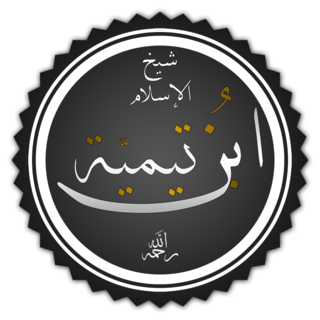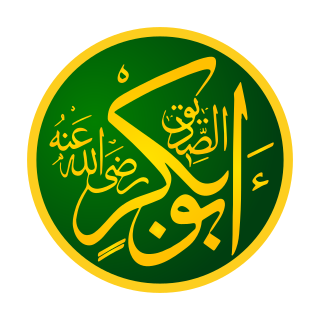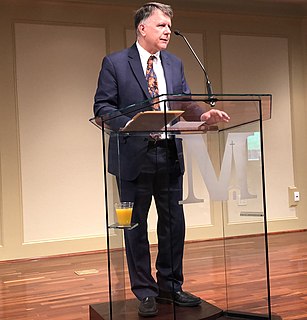A Quote by Ibn Taymiyyah
Seek (beneficial) knowledge,
because seeking it for the sake of Allaah is a worship.
And knowing it makes you more God-fearing;
and searching for it is jihad,
teaching it to those who do not know is charity,
reviewing and learning it more is like tasbeeh.
Through knowledge Allaah will be known and worshiped.
Related Quotes
The ultimate test of my understanding of the scriptural teaching is the amount of time I spend in prayer. As theology is ultimately the knowledge of God, the more theology I know, the more it should drive me to seek to know God. Not to know about Him but to know Him! The whole object of salvation is to bring me to knowledge of God. If all my knowledge does not lead me to prayer there is something wrong somewhere.
There are five dark matters and five lamps. Love of this world is darkness, and the fear of Allaah is its lamp. Sin is darkness, and its lamp is repentance. The grave is darkness, and its lamp is 'none has the right to be worshipped but Allaah, and Muhammad is the messenger of Allaah.' The hereafter is darkness, and its lamp is the good deed. The Siraat is darkness, and its lamp is certainty of faith.
While the dogmatist is harmful, the sceptic is useless ...; one is certain of knowing, the other of not knowing. What philosophy should dissipate is certainty, whether of knowledge or of ignorance. Knowledge is not so precise a concept as is commonly thought. Instead of saying 'I know this', we ought to say 'I more or less know something more or less like this'. ... Knowledge in practical affairs has not the certainty or the precision of arithmetic.
First therefore let us seek the dignity of knowledge in the archetype or first platform, which is in the attributes and acts of God, as far as they are revealed to man and may be observed with sobriety; wherein we may not seek it by the name of Learning; for all Learning is Knowledge acquired, and all Knowledge in God is original: and therefore we must look for it by another name, that of Wisdom or Sapience, as the Scriptures call it.
Wisdom and knowledge can best be understood together. Knowledge is learning, the power of the mind to understand and describe the universe. Wisdom is knowing how to apply knowledge and how not to apply it. Knowledge is knowing what to say; wisdom is knowing whether or not to say it. Knowledge gives answers; wisdom asks questions. Knowledge can be taught, wisdom grows from experience.
If it is not strong upon your heart to practice what you read, to what end do you read? To increase your own condemnation? If your light and knowledge be not turned into practice, the more knowing a man you are, the more miserable a man you will be in the day of recompense; your light and knowledge will more torment you than all the devils in hell. Your knowledge will be that rod that will eternally lash you, and that scorpion that will forever bite you, and that worm that will everlastingly gnaw you; therefore read, and labor to know that you may do--or else you are undone forever.
If one does not make human knowledge wholly dependent upon the original self-knowledge and consequent revelation of God to man, then man will have to seek knowledge within himself as the final reference point. Then he will have to seek an exhaustive understanding of reality. He will have to hold that if he cannot attain to such an exhaustive understanding of reality he has no true knowledge of anything at all. Either man must then know everything or he knows nothing. This is the dilemma that confronts every form of non-Christian epistemology
No one has yet discovered or ever shall discover what God is in His nature and essence... we shall, in time to come, 'know as we are known' (I Cor 13:12). But for the present what reaches us is a scant emanation, as it were a small beam from a great light - which means that any one who 'knew' God or whose 'knowledge' of Him has been attested to in the Bible, has a manifestly more brilliant knowledge than others not equally illuminated. This superiority was reckoned knowledge in the full sense, not because it really was so, but by the contrast of relative strengths.







































